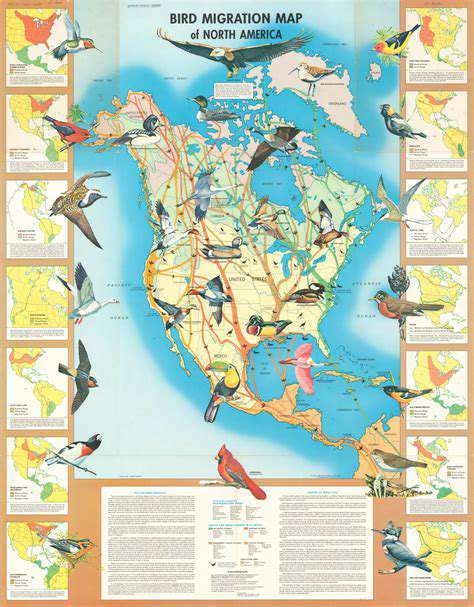Guide to Bringing Pets Through Customs [Rules & Process]
Essential Pre-Departure Preparations for a Smooth Journey
Essential Documents and Permits
Before embarking on your pet travel adventure, ensure you have all the necessary documentation in order. This includes, but isn't limited to, your pet's microchip information, proof of vaccinations, and any required health certificates. These documents are crucial for ensuring a smooth travel process through customs and airport security, and will vary significantly depending on your destination and your pet's breed or species.
Specific regulations for bringing pets into different countries can be complex. Thoroughly research the regulations of your destination country well in advance. This will save you stress and potential problems with your pet's entry. Consult your veterinarian and local animal control authorities for guidance on the specific requirements.
Choosing the Right Travel Carrier
Selecting a suitable carrier is paramount for your pet's comfort and safety during travel. Ensure the carrier is spacious enough for your pet to stand, turn around, and lie down comfortably without feeling cramped. A well-ventilated carrier is also crucial for maintaining a healthy temperature and preventing overheating or suffocation, especially during long journeys.
Consider the type of carrier that best suits your pet's size and temperament. Hard-sided carriers offer better protection, while soft-sided carriers might be more convenient for smaller pets. Regardless of the type, ensure it's properly secured during transport to prevent accidents.
Pre-Travel Vet Check-up and Medications
A pre-travel veterinary check-up is essential to ensure your pet is healthy enough for the journey. Your veterinarian can identify any potential health concerns and administer necessary vaccinations or medications to safeguard your pet's health during the trip. This proactive step will help you avoid unexpected emergencies and ensure a calm and safe travel experience.
Packing Essentials for the Journey
Pack essentials for your pet, including familiar items like their favorite toys, bedding, and food. Familiar smells and objects can help your pet feel more secure and comfortable during the journey. Don't forget to include extra food and water bowls, as well as any necessary medications, to maintain your pet's routine during the trip. A first-aid kit specifically designed for pets is also recommended to address any minor injuries or illnesses that might arise during the journey.
Airline and Transportation Regulations
Research the airline's or transportation company's pet policies and procedures. Different airlines and transportation companies have different regulations concerning pet travel, including size restrictions, carrier requirements, and the types of animals allowed. Confirm your pet's eligibility for transport well in advance to avoid any last-minute surprises or disappointments.
Pet-Friendly Accommodation Options
If you're traveling to a new place, consider pet-friendly accommodation options. This can provide your pet with a familiar and comfortable environment during your stay. Research and book your accommodation well in advance, especially if traveling during peak seasons, to secure a suitable pet-friendly space. Ensure the accommodation meets your pet's needs and safety requirements.
Emergency Preparedness and Contingency Plans
Have a contingency plan in place for any unforeseen circumstances. This includes having a contact list of local veterinarians, pet emergency services, or animal shelters in the destination area. Pack a small emergency kit with necessary supplies for your pet in case of delays or unexpected issues. Knowing what to do in case of emergencies will give you peace of mind throughout your journey.










![Packing for a Tropical Climate [Lightweight Guide]](/static/images/27/2025-07/SunProtection3AACrucialFactorinTropicalPacking.jpg)
![Tips for Traveling with Teenagers [Keeping Them Engaged]](/static/images/27/2025-07/TurningTravelintoaLearningOpportunity.jpg)
